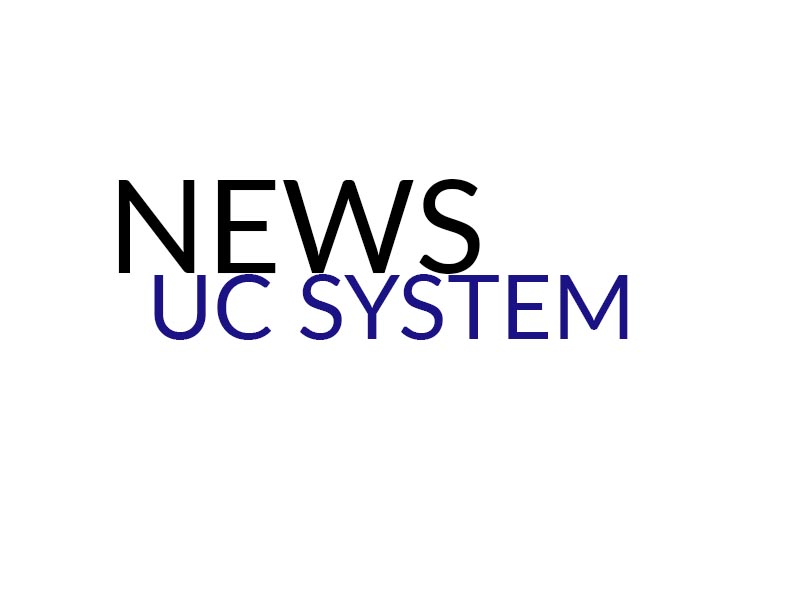The UC Board of Regents voted to amend the University of California’s Statement of Principles Against Intolerance to include a condemnation of anti-Semitic forms of anti-Zionism at last Wednesday’s Regents meeting. However, the committee declined to condemn anti-Zionism as a form of discrimination in and of itself.
Anti-Zionism — a political ideology that opposes Israel’s right to exist in Palestine — has raised a lot of questions at the UC campuses ever since 521 alumni along with 23 education and Jewish advocacy groups submitted a petition to UC President Janet Napolitano last May. The petition called for the UC system to formally adopt the U.S. State Department’s definition of anti-Semitism, which denounces statements about Israel that demonize or delegitimize the nation.
UCSD Hillel of San Diego Director David Singer expressed his support for the resolution, calling it a step in the right direction for a the UC system at which anti-Semitism has had tangible consequences. He said that it was “no coincidence” that UCSD’s Jewish student population declined by more than 60 percent over the last decade.
“Jewish students throughout the UC campuses have, for years, lived in the shadow of incidents of anti-Semitic speech, intimidation, vandalism and even violence,” Singer told the UCSD Guardian. “Yesterday’s condemnation by the Regents is an important step in defining the problem and pledging to ensure that the university is hate-free for all students.”
Examples of these incidents include one that occurred in February 2015, when vandals defaced a Jewish fraternity house at UC Davis with a Nazi swastika. More recently, members of UCLA’s student government questioned a student’s ability to remain unbiased because she was Jewish, and they planned to reject her nomination to their judicial board until a faculty advisor intervened.
Originally, the amendment stated that “anti-Semitism, anti-Zionism and other forms of discrimination have no place at the University of California,” implying that anti-Zionism is a form of discrimination. However, some across the UC campuses have raised concerns that this would infringe on free speech.
Among them is the UC Academic Council, which sent its own letter to the Regents stating that the amendment would harm academic freedom. The council argued that it would cause “needless and expensive litigation, embarrassing to the university, to sort out the difference between intolerance on the one hand, and protected debate and study of Zionism and its alternatives on the other.”
Moreover, when the Guardian spoke to UCSD’s Students for Justice in Palestine last November, the organization expressed fear that the revision would silence all perspectives that opposed Israel.
“Any critique of Israeli policy, because of the nation’s identity as a Jewish state, would be labeled as anti-Semitic,” SJP said in a statement. “Anti-Zionist activity, such as that of SJP, strives to amplify Palestinian voices calling for their right to self-determination and their right to return to their homeland. This policy seeks to silence and censor these voices.”
Following these complaints, Regent Norman Pattiz, who proposed the amendment, revised it to state that “anti-Semitism, anti-Semitic forms of anti-Zionism and other forms of discrimination have no place at the University of California.”
Singer applauded the revision, stating that it ensures that people can use their First Amendment rights by only targeting political beliefs that cross over into hateful speech.
“Freedom of speech is paramount, and we are encouraged that the resolution affirms this fact,” Singer said. “We respect the right of students to speak out for politics that they believe in. Yet, all too often we have seen criticism of Israel elicit deeply anti-Semitic undertones, or, worse, result in attacks on Jewish students.”
The University of California stands as the first and only public university system so far that has reaffirmed its opposition to anti-Semitic behavior.
The Guardian contacted the UC Office of the President and Students for Justice in Palestine regarding the UC Regents’ recent decision, but neither could be reached by press time.








